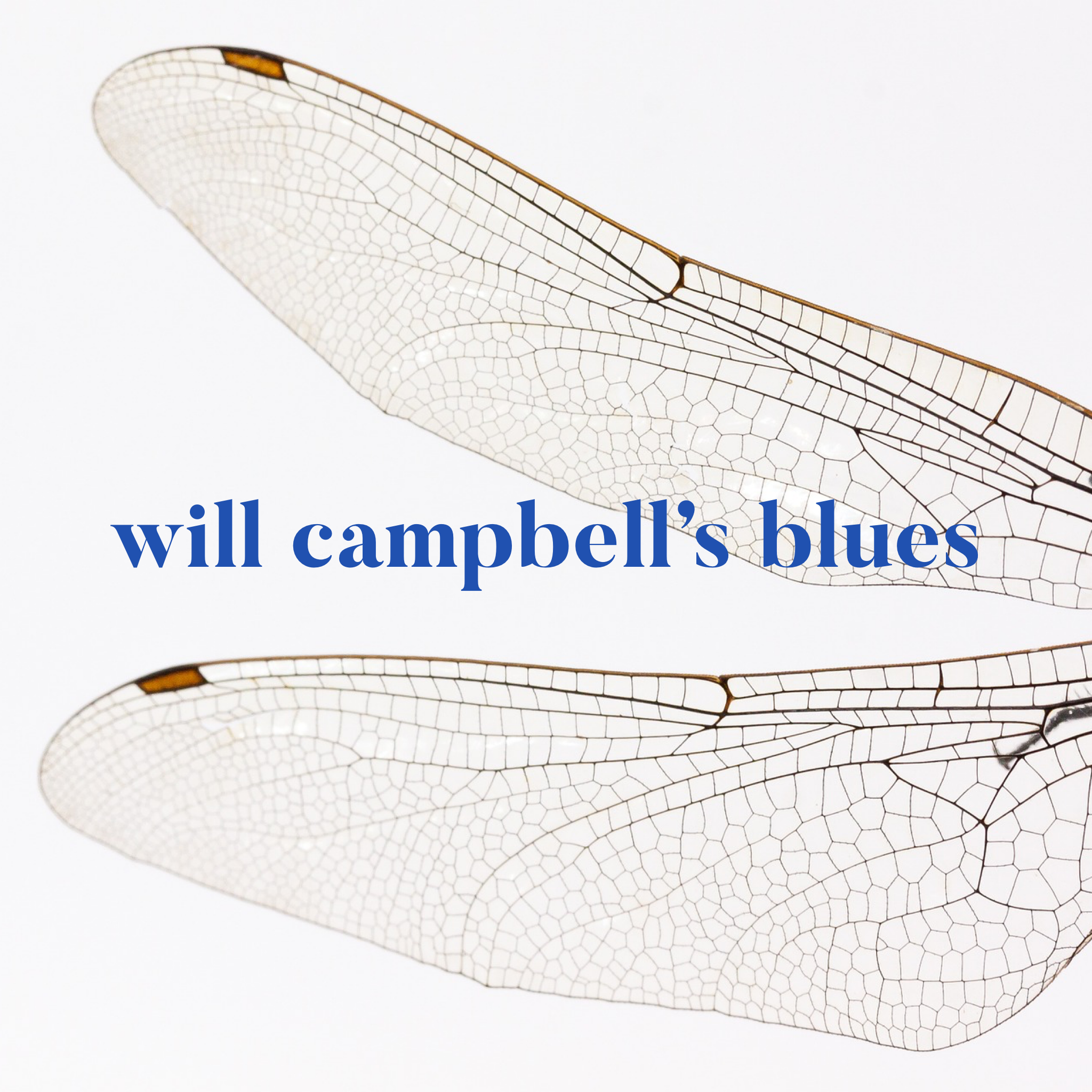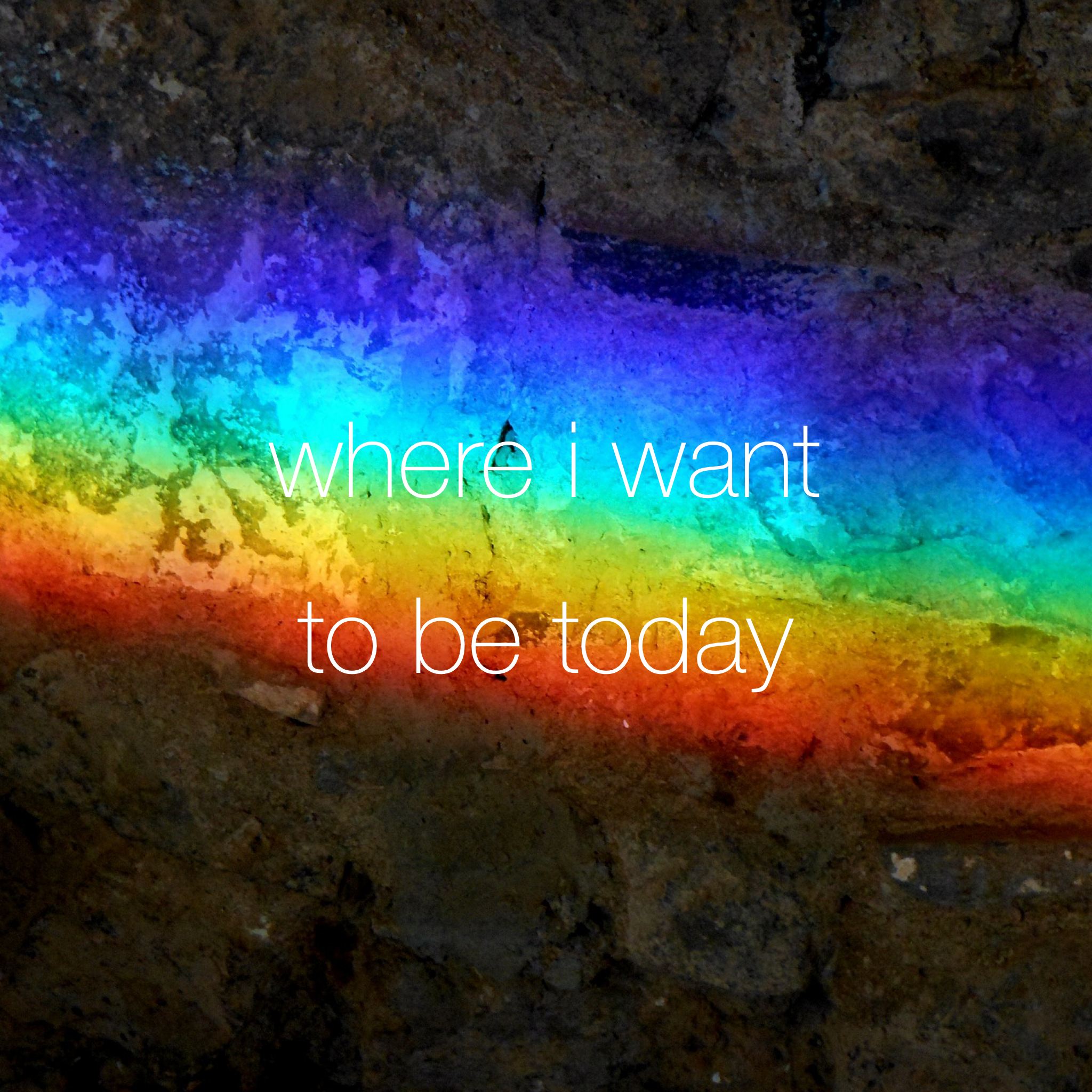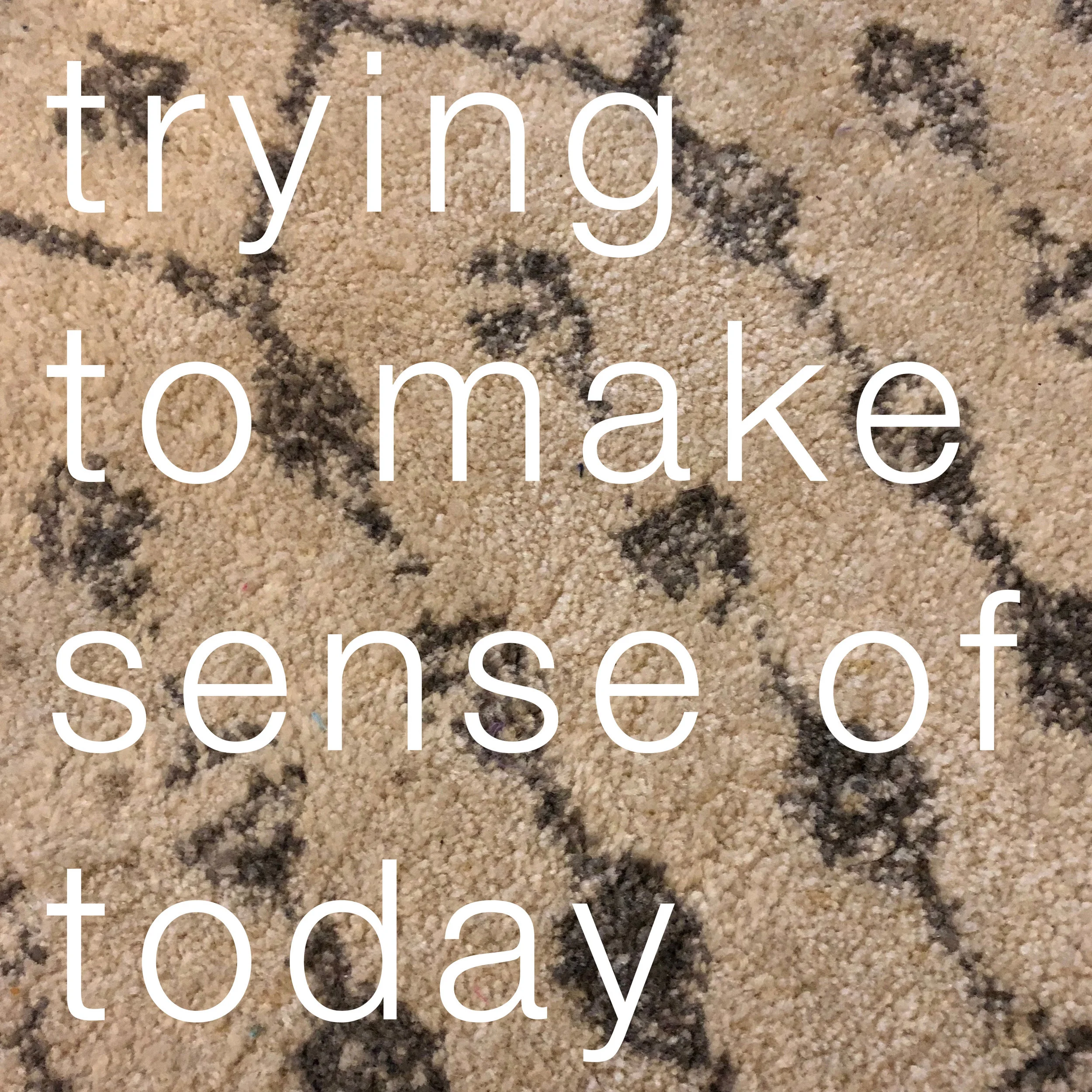Will Campbell's Blues
One day the civil rights activist and author P.D. East issued a challenge to his friend, the Baptist minister Will Campbell: summarize the message of Christianity as succinctly as possible. Will’s reply, relayed in his book Brother to a Dragonfly, was not your typical Sunday school fare. In fact, his words would have scandalized a congregation in his native Mississippi if they were uttered from a pulpit.
“We’re all bastards, but God loves us anyway.”
I have been sitting with those seven words this afternoon. As a culture, we’ve been wallowing in a putrid stew of ugliness for awhile now. Every so often a new wind stirs up its noxious smell anew: a mass shooting here, a tone-deaf tweet there, a bloody battle for a Supreme Court seat that has been going on for what seems like the last half decade. Fingers are pointed. Names are called. People are hurt.
I know people who have suffered the trauma of sexual assault and harassment and the events of the past week including today’s confirmation have wounded them deeply. My heart breaks for them. There are other people who are celebrating today about the confirmation. Christians on both sides. People I love on both sides. But we are in a cultural knife fight right now and blood is everywhere. What concerns me is that some people don’t know or don’t care about the blood on their own hands.
We’re all bastards.
All of us. And that is the tricky part. It is very, very easy to see wrong on the other side. It is the mother of all pre-existing conditions. When we feel poorly about ourselves, we can always recall the wrong someone else does to make ourselves feel better. But that kind of myopia always gets us in trouble. It’s why Jesus told his followers to take the log out of their own eye before they went after the speck in the eye of their neighbor. Because if we don’t think we have any wrong then that is where we get into the deepest of trouble. We walk around with forests in our eyes and can’t see what’s going on for the trees.
So I want to yell and say things that would not be appropriate coming from a pulpit in my native South Carolina, but I’ve got to stop and consider my own shortcomings. They are there and they are legion. And if I’m going to be honest, that consideration sends me into a bit of existential paralysis. What can I say? What can I do? Because as much as it sickens me to hear someone mock the story of someone who has been assaulted, I have screwed up many times as well. I want to rear back and hurl stones, but I’m not without sin. We’re all bastards.
I carry around this message that all sins are equal in the eyes of God. I’m not sure that I believe that still, but part of me thinks I that shouldn’t completely let go of the notion lest I turn into a Bizarro version of a holier-than-thou fundamentalist flinging fury from another direction. I don’t want to become another self-righteous monster.
I hear the first part of Will Campbell’s phrase loud and clear. And sometimes that is all I hear and I feel overwhelmingly, depressingly helpless.
So I’m trying to be as still as I can this afternoon to hear the second part even if it is just a whisper:
“…but God loves us anyway.”
God loves us anyway. All of us. As individuals. That means me regardless of whatever timber is sticking out from my eye. God loves me anyway. God loves my neighbor anyway. God loves someone on the other side of the world anyway. God loves that troll on the internet anyway. God loves the president anyway. That message goes from comforting to challenging in a heartbeat. But we don’t get to choose the message, the message chooses us (I mean that in the most non-Calvinist way possible).
Will Campbell realized that when an Alabama sheriff shot and killed one of his friends from Harvard Divinity School. East confronted Campbell with the minister’s summation of the Christian faith. God loved Will’s friend. Did God love the bigoted sheriff that gunned his friend down?
I agreed that the notion that a man could go to a store where a group of unarmed human beings are drinking soda pop and eating moon pies, fire a shotgun blast at one of them, tearing his lungs and heart and bowels from his body, turn on another and send lead pellets ripping through his flesh and bones, and that God would set him free is almost more than I could stand. But unless that is precisely the case then there is no Gospel, there is no Good News. Unless that is the truth we have only bad news, we are back with law alone.
But God loves us anyway. All of us. God, that is difficult. Do not misunderstand: what Campbell says does not negate any sort of law. We don’t take the idea of God’s love for all and run it into anarchy. You need the first part: the reality of how messed up we are lest you become naive. We still must stand up to the bullies. We still stand alongside the oppressed. We should work together to make this world more just for all. We should because God loves us all. The fact that God loves us anyway should lead us to stop being bastards toward each other. The recognition of that divine spark in everyone has to mean something. If it doesn’t then there is indeed no Good News.
But it has to start with me. And it has to start with you. If they don’t hear of God’s love for them and God’s love for everyone, then from where will they hear it? We cannot hope that the other is going to see us as someone that God loves if we are not first willing to take the leap to see them as someone who God loves. There is still a world of wisdom in the Golden Rule. There is still all of the law and the prophets in the Greatest Commandment.
We’re all bastards, but God loves us anyway. Let us love like God loves. Even on days, especially on days when it seems like the most difficult thing in the world.
Tip of the hat to Philip Yancey and this blog post, “Apostle to the Rednecks,” that helped jogged my memory when I googled Campbell’s famous phrase.






